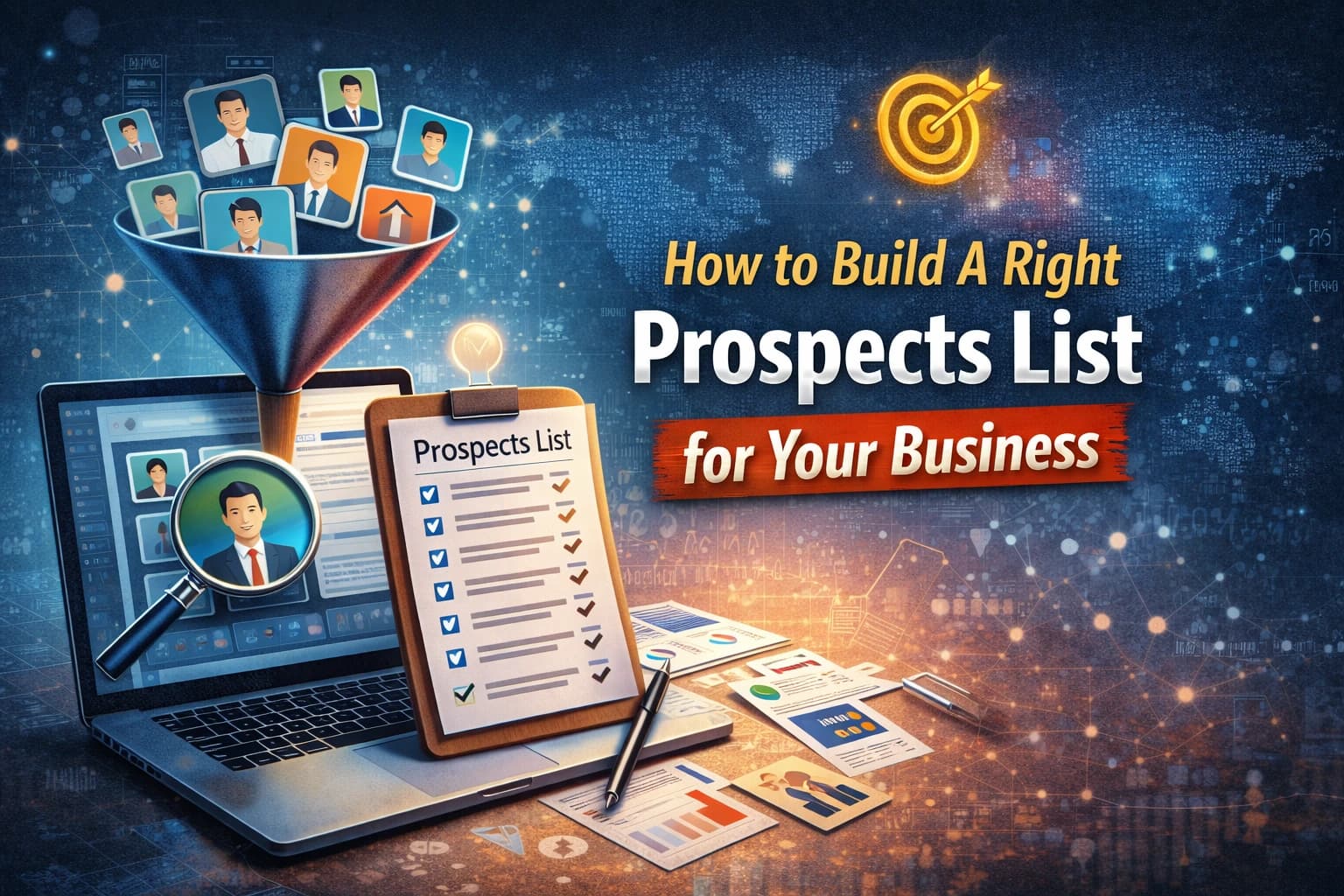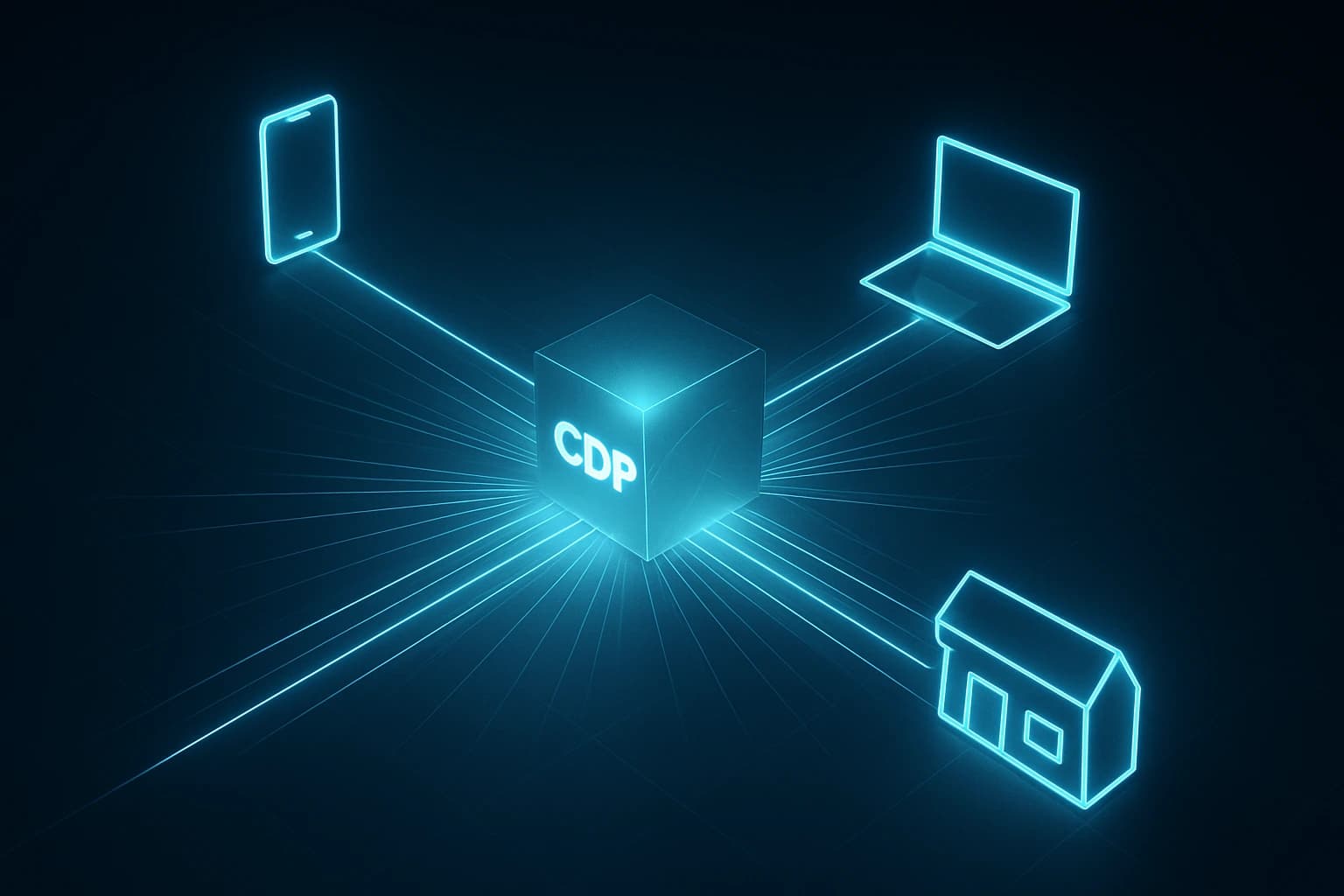Way back in 2010, one of the conclusions of the IBM ‘Global CEO Study’ was that 88% of CEOs acknowledged their priority was to bring their businesses closer to customers in the next five years. Yet here we are, at the start of 2016, and it would not be an exaggeration to state that many global businesses are still far from achieving this target.
Many companies still find themselves stuck using traditional methods of customer personalization. Even if they have embraced digital marketing, what they are doing is perhaps the bare minimum. If your company’s idea of adding a potential client’s first name in your mass email campaigns is “personalization”, you are one of those corporations.
What is Customer Personalization?
Customer personalization is like the practice followed by brick-and-mortar neighborhood stores, where shopkeepers knew almost every customer and their shopping habits. Today, this one-on-one exchange has taken on a digital form called Adaptive Personalization, where data is used, preferably in real-time, to build a foundation for an even more relevant customer relationship.
What is Adaptive Personalization?
As one analyst said, “Adaptive personalization is all about using algorithms more smartly.”
Today’s marketer, increasingly under tremendous pressure to transform marketing practices and processes, is turning to this kind of personalization to power a relatively new edition of direct marketing – Adaptive Marketing. At its core, Adaptive Marketing is devoted to realigning products and marketing tactics to match each customer’s needs. Product and experience personalization are methods that increase customer satisfaction and encourage repeat visits. Thus, analytics and marketing management tools can provide real-time responses to customer needs. For B2C companies, Adaptive Marketing can be a great asset, and B2B firms can benefit from it as well.
Technique of Adaptive Personalization
The technique of Adaptive Personalization combines machine learning and Predictive Analytics to not only identify which products or services are successful with clients but also determine the best-suited product for each customer.
Here are a few examples:
A customer recently bought a soccer ball, which means he would also need soccer shoes.
You liked the action-packed X film, so your video library suggests renting the Y film, which is also action-oriented.
Where is Adaptive Personalization being Used?
Two major areas where AP is being implemented are Content and Customer Service.
- Content: If your website has realized that its traffic is dropping, it could be because it is not delivering the correct type of content. A content strategy revolving around Adaptive Personalization will help. Delivering personalized, omnichannel content to strike meaningful interactions with the readers is the goal. For that, website content providers must gather a profound understanding of every reader’s requirements and needs, in addition to his/her location and device, and accordingly tailor-make and deliver content.
- Interactive Voice Response: As customers, we have often found that most IVR systems at call centers are impersonal, automated, and take a standard approach to problems. That is now considered passé since customer relations are a crucial component of an Enterprise’s operations to connect personally with its customers. It is often the face of a brand.
But with Adaptive Personalization, organizations now have the opportunity to respond to individual callers, know their behaviors and preferences, and adapt calls at the IVR interaction point.
The time for Adaptive Personalization in today’s digital age has arrived. Companies such as Amazon, Netflix, and Pandora have already taken recourse to it, but it’s no longer the sole purview of the big corporations.
When implemented, you will be able to see the tremendous benefits of personalization – improved customer service, increased sales, and customer loyalty. Vendors such as Express Analytics do offer technologies that allow even smaller outfits to personalize every buyer’s experience. After all, the collection and use of customer data allow companies to deliver the best possible experience based on their aspirations and needs.


